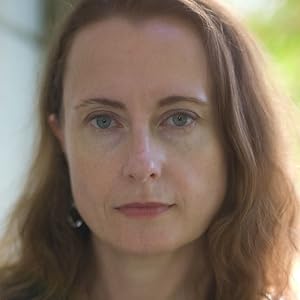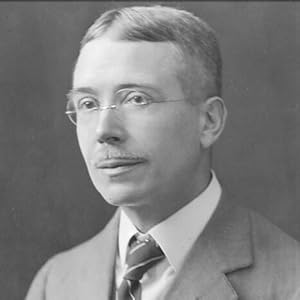Henry Taylor
关于作者
Henry Taylor was born June 21, 1942, and raised in Loudoun County, Virginia. He grew up on a horse farm, and spent his childhood and youth training young horses and showing older ones. He received his A rating in the U.S. Pony Clubs in 1962. He attended local schools through the ninth grade, and finished his secondary education at George School, in Bucks County, Pennsylvania, where his Latin and French teachers greatly deepened his understanding of poetry, to which he had already been introduced by his parents. He entered the University of Virginia in the fall of 1960, and took his B.A. in 1965. There, he became a member of a small group of young poets who met regularly with Fred Bornhauser, a professor who was willing to meet with them on an informal, non-credit basis for a couple of years, and put his charges through a series of formal and conceptual exercises. At the same time he was involved with the literary magazine Plume and Sword, and was its editor in chief for a year. In 1962 Taylor became a student of George Garrett, whose teaching and friendship were deeply important from then through Garrett’s death in 2008 and beyond. Under Garrett’s tutelage, Taylor finished his first book of poems, The Horse Show at Midnight, during his final semester at Virginia. It was accepted by LSU Press over the summer, and published in the spring of 1966, a few weeks before Taylor finished his Master’s in Creative Writing at Hollins College, where he worked with R. H. W. Dillard, Louis Rubin, and William Jay Smith. He was fortunate to be able to start teaching in the fall of 1966, at Roanoke College. During two years there he began to learn the craft of teaching first-year composition and upper-level creative writing. In collaboration with the student Ed Tedeschi, he founded The Roanoke Review, which continues today as an online magazine. In 1968 took an assistant professorship at the University of Utah, where he was able to specialize more fully in the teaching of creative writing, in a department of English whose collegiality and cordial energy were delightfully astonishing to him. At the end of his third year there, however, he was approached by Larry McMurtry, who wondered whether Taylor would be interested in filling the position McMurtry’s resignation had created at American University. He took up an Associate Professorship there in the fall of 1971, and retired as a Professor in 2003, having been involved in the creation of the MFA program in creative writing, and having published his next half-dozen books and many articles and reviews. In 1986 his fourth collection, The Flying Change, received the Pulitzer Prize in Poetry. Many opportunities arose from this honor. Not surprisingly, Taylor gave more readings around the country than he had before. He also had a chance to cover the Cannes Film Festival in 1986 and 1987, writing for The Washington Times, where he had been reviewing books for several years. In January of 1987 he spent several weeks in Egypt and India on the State Department’s Ampart program. This honor was bestowed on him by Barry Jacobs, who had been Taylor’s roommate their first year at Virginia, and who in 1986 occupied the State Department’s North India desk. In 2002 Taylor married Mooshe Taylor, and then in 2003 he retired from teaching. After a couple of years in Bethesda, Maryland, they moved to Gig Harbor, Washington, and stayed there for ten years. In 2006 Taylor published his seventh collection of poems, Crooked Run, which is composed of poems arising from his life in Loudoun County. In 2015, the Taylors moved from Gig Harbor to Santa Fe, New Mexico, where they live now. In August of 2020, Taylor’s longtime publisher, LSU Press, brought out his This Tilted World Is Where I Live: New and Selected Poems 1962-2020. It contains seventy-five poems selected from his previous books, and twenty-five more recent poems collected for the first time.
阅读完整简历















